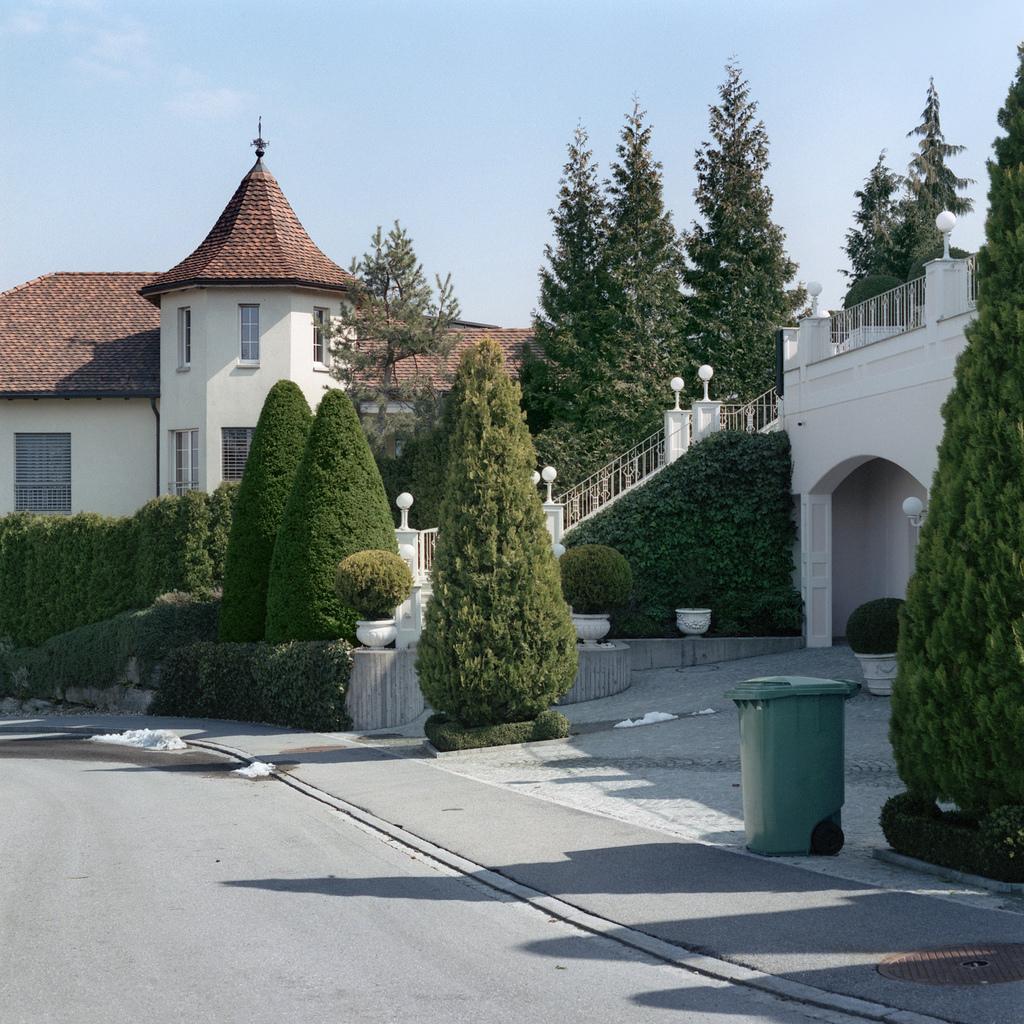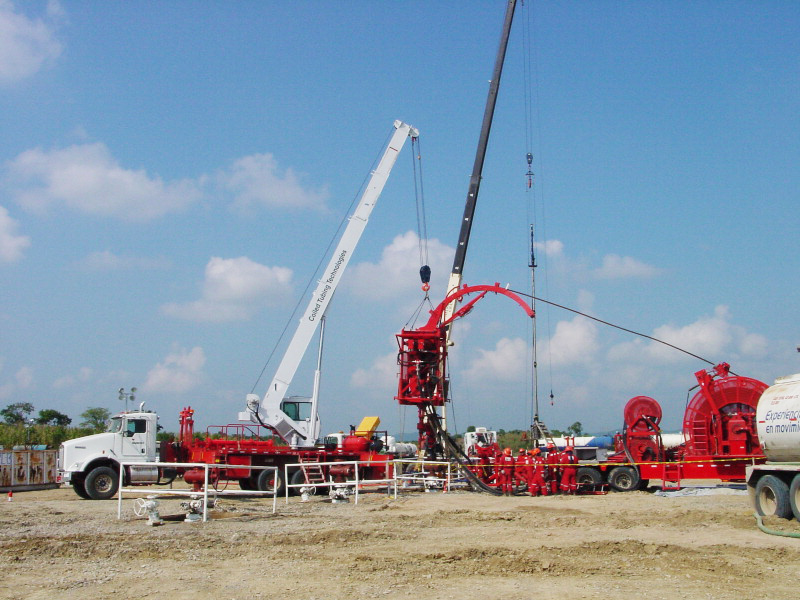Are pampered rich wrecking cantonal finances?

Incredible though it may seem to the outside world, most Swiss cantons are suffering acute cash flow problems that have smeared red ink all over their annual budgets. The policy of slashing taxes to attract the wealthy has come under renewed fire.
At the weekend, the residents of canton Schwyz – that once lured Roger Federer away from his native Basel with lower taxes – voted to raise levies for high income earners. So does this spell the end of a tax reduction strategy that has been dubbed a ‘race to the bottom’ by critics?
Certainly not, say the cantons and supporters of their tax policies – the successful system just needs tweaking a bit. “The strategy of low taxes has not failed,” according to Peter Hegglin, finance chief of canton Zug and chairman of the Conference of Cantonal Tax Directors.
There is general agreement that competition between cantons to offer the lowest taxes got a bit out of hand when the going was good. Hegglin admitted as much himself in a swissinfo.ch interview earlier this year. “The general policy of cutting taxes went a bit too far in recent years, and some will have to be raised again,” he said in April.
This is a gross understatement, according to critics of tax breaks for the wealthy, including the centre-left Social Democratic political party. Of 20 cantons to have presented their 2015 budgets so far, 14 have declared deficits.
Schwyz is facing a record CHF237 million ($249 million) budget overspend this year, which is CHF140 million higher than originally estimated when the budget was voted in last year. The canton had also forecast future deficits of CHF200 million each year until 2018 unless changes were made.
As a result, the Schwyz parliament decided to introduce a range of income, wealth and dividend tax hikes that will raise an extra CHF66 million in 2015 – coming chiefly from the wealthy.
The decision was challenged by a referendum, launched by the Homeowner’s Association and backed by the rightwing People’s Party. But this challenge was rejected by voters on Sunday, giving the green light for the tax hikes to go ahead.
Seeking a solution
“The gap between income and expenditure has grown very quickly and has resulted in a dire financial situation,” Karin Schwiter, a Social Democrat member of the cantonal parliament, told swissinfo.ch. “This clearly demonstrates that the tax dumping strategy to attract the wealthy does not work.”
Furthermore, the influx of wealthy residents has raised house prices while cantonal spending on services is one of the lowest in Switzerland when measured by per head of capita, Schwiter added.
“All the rhetoric of the past promised that everyone would benefit from attracting wealthy people to the canton,” she said. “But people have become more and more angry that they are in fact paying for them. The people of Schwyz have voted to take back some of the tax privileges for the rich, but by no means all of them.”
The canton is also currently debating measures to raise taxes across the board for all residents on top of the recently approved tax hikes for the rich. This would bring in an additional CHF100 million to the cantonal coffers, but still leave a 2015 budget deficit of CHF39 million.
Canton Schwyz finance director Kaspar Michel blamed the dire state of the budget mainly on lower than expected tax receipts. “The loss of revenues will be in the range of tens of millions of francs,” he told the Neue Luzerner Zeitung newspaper.
Cantons have also taken over more funding of some services, such as hospitals, and have seen annual hand-outs from the Swiss National Bank dry up. But Michel also pointed the finger of blame at Schwyz’s rocketing contributions to the financial equalisation fund – a solidarity system that forces the more wealthy cantons to give some of their income to less well-off peers.
Schwyz has seen its equalisation fund contribution rise from CHF118 million in 2008 to CHF147 million this year and a projected CHF162 million in 2015. Inevitably in times of financial stress, those cantons that pay into the fund have been grumbling about the system far more than the beneficiary cantons.
But Schwyz, and other cantons, only have themselves to blame for getting their equalisation fund sums wrong, Gérard Wettstein, who heads the fund, told the Tages-Anzeiger newspaper. “Schwyz is probably not the only canton to have underestimated how much they would have to pay,” he said.
“It’s working!”
Some cantons that compete to attract wealthy residents by lowering taxes have fallen into a trap that was clearly signposted when the equalisation fund was revamped in 2008. It bases its calculations on the tax base, or potential tax revenue, each canton could enjoy, not the actual receipts gathered.
By taxing wealthy residents below this potential rate in order to attract them in the first place, some cantons have run into an unsustainable gap between their tax revenue and the payments they have to make to the equalisation fund.
“This is a clear indication that the system is working,” Marco Salvi, of liberal economic think tank Avenir Suisse, told swissinfo.ch. “The system is not broken because the equalisation fund was designed to iron out excesses in the distribution of wealth between cantons.”
“Cantons are free to adopt a policy of attracting wealthy residents with low taxes, but they have to pay for this strategy with increased equalisation fund contributions. We have clearly reached the bottom of the tax reduction process due to adverse economic conditions so some cantons will have to make corrections.”
But the debate over taxes and social equality rages on in Switzerland. A nationwide vote will be staged on November 30 to decide on whether to scrap ‘lump sum’ tax perks for wealthy foreigners. If voters give their approval, and foreigners leave as a result, then several cantons may have to re-jig their finances yet again.
Cantonal budget woes
Twenty of Switzerland’s 26 cantons have announced their 2015 budgets so far. Of these, 14 forecast budget deficits, according to the Swiss News Agency.
Zurich has the worst budget hole of CHF191 million ($200 million), followed by Zug (CHF-139 million), Tessin (CHF-112 million) and Solothurn (CHF-74 million).
Only Bern (CHF+119 million), Vaud (CHF+26 million), Valais (CHF+25 million), Uri (CHF+7 million), Aargau (CHF+2 million) and Geneva (CHF+1 million) have so far forecast they will be in the black in 2015.
Of those cantons in the red, Solothurn, Schwyz, Schaffhausen und Appenzell Outer Rhodes have plan tax hikes while the others want to reduce expenditure, dip into their reserves or bridge the gap with debt.
Obwalden will introduce a temporary tax to finance a flood protection scheme that will be limited to 15 to 20 years. Canton Lucerne has raised taxes already this year and is among six cantons yet to come up with concrete figures for 2015 budgets.

In compliance with the JTI standards
More: SWI swissinfo.ch certified by the Journalism Trust Initiative




You can find an overview of ongoing debates with our journalists here. Please join us!
If you want to start a conversation about a topic raised in this article or want to report factual errors, email us at english@swissinfo.ch.